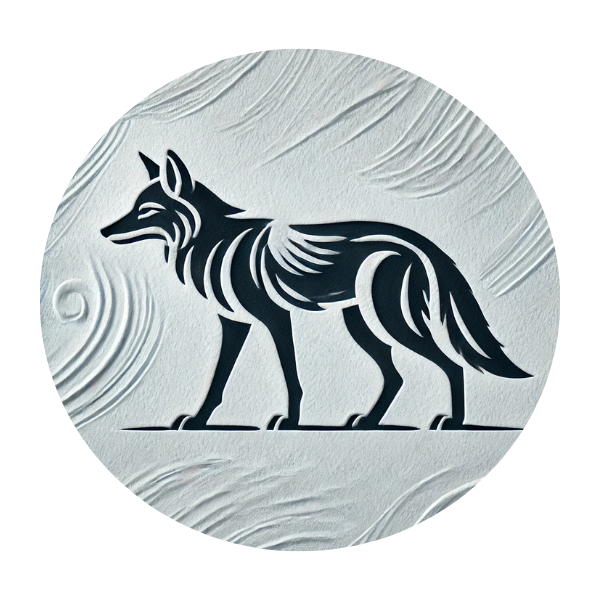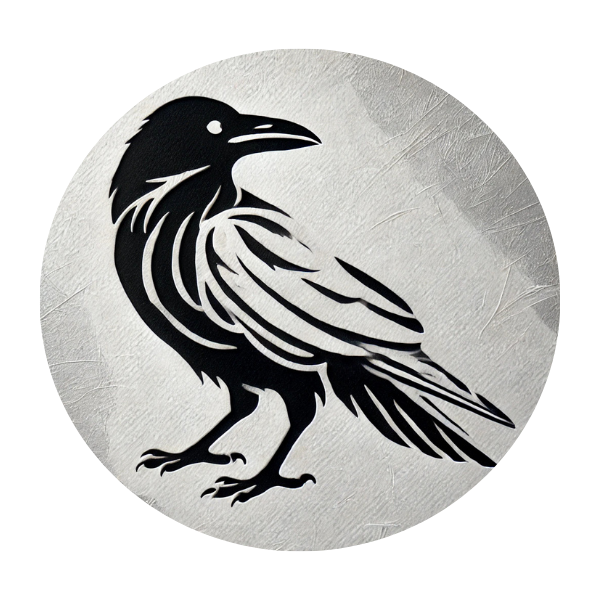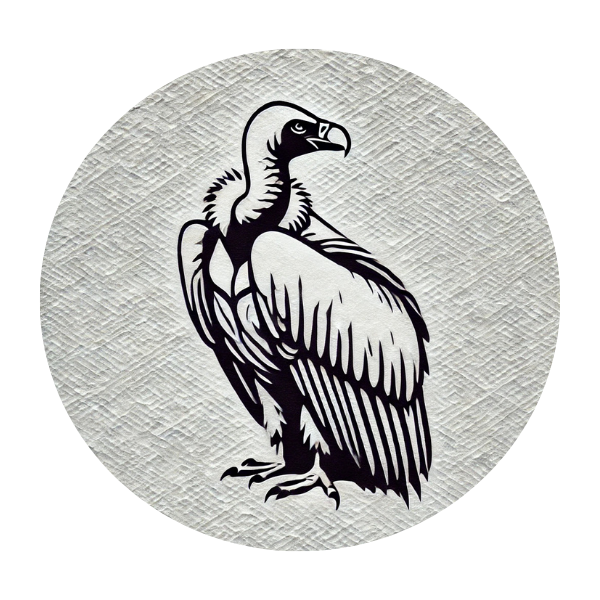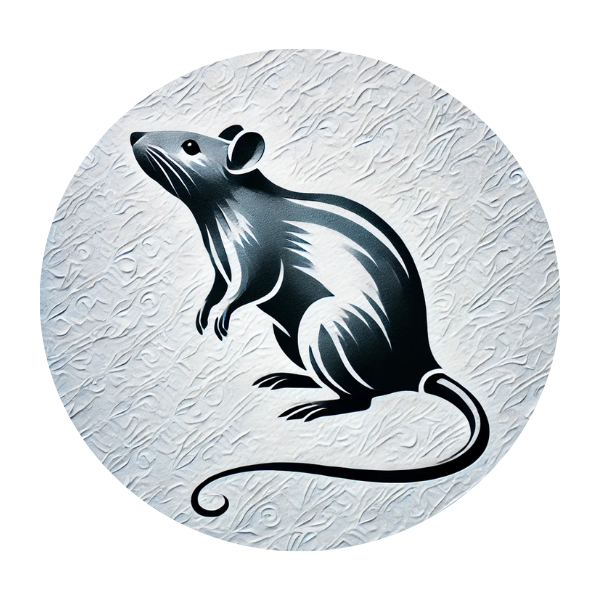DISAPPOINTMENT
I learn from disappointment and turn setbacks into opportunities for growth
WHAT IS DISAPPOINTMENT?
A feeling of sadness or displeasure caused by the non-fulfillment of one’s hopes or expectations.
Synonyms: Disheartenment, Discouragement.
Antonym: Satisfaction
“Disappointment is inevitable. But to become
discouraged, there's a choice you make.”
Charles Stanley
HOW TO RECOGNIZE DISAPPOINTMENT IN OTHERS
AND ONESELF
HOW TO RECOGNIZE
IN OTHERS
Body Language
Slumped shoulders, slow movements,
avoiding eye contact
Facial Expressions
Downturned mouth, furrowed brows,
sad or resigned expression
HOW TO RECOGNIZE
IN ONESELF
In the Body
Heaviness in the chest or stomach, sighing
In the Mind
Negative or regretful thoughts,
focus on unmet expectations
HOW TO RECOGNIZE DISAPPOINTMENT IN OTHERS
AND ONESELF
HOW TO RECOGNIZE
IN OTHERS
HOW TO RECOGNIZE
IN ONESELF
Body Language
Slumped shoulders, slow movements,
avoiding eye contact
In the Body
Heaviness in the chest or stomach, sighing
Facial Expressions
Downturned mouth, furrowed brows,
sad or resigned expression
In the Mind
Negative or regretful thoughts,
focus on unmet expectations
How do I typically handle disappointment
—do I let it weigh me down, or do I learn from it?
TIPS AND TRICKS ON HOW TO DEAL WITH THIS
EMOTION

Practice Child’s Pose while reflecting on a disappointment, allowing your body to release tension and emotions.

Write about a recent disappointment, reframing it as a learning opportunity or stepping stone.

Practice deep, audible sighing breaths to release lingering feelings of disappointment.

Repeat phrases like "This too shall pass" to shift your mindset and build resilience.

Imagine offering kindness to your disappointed self, as you would to a close friend in need.

Create an abstract piece of art to express and process your disappointment visually.
CURIOUS FACTS ABOUT DISAPPOINTMENT
ANIMALS ASSOCIATED WITH DISAPPOINTMENT
Different animals are associated with different emotions in different cultures. Flip the coins to found out more:




